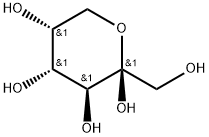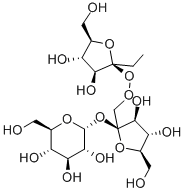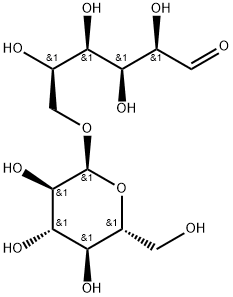Fructooligosaccharides from chicory , ≥90%(asFOSandinulin) , 308066-66-2
Synonym(s):
Cellular oncogene fos;FOS;G0/G1 switch regulatory protein 7;G0S7;Proto-oncogene c-Fos
| Pack Size | Price | Stock | Quantity |
| 10g | RMB39.20 | In Stock |
|
| 50G | RMB135.20 | In Stock |
|
| 250g | RMB399.20 | In Stock |
|
| 1kg | RMB799.20 | In Stock |
|
| others | Enquire |
PRODUCT Properties
| storage temp. | 2-8°C |
| form | buffered aqueous solution |
| color | white |
| biological source | plant (Chicorium intybus) |
Description and Uses
Fructooligosaccharides (FOS) are a form of water-soluble carbohydrate. Composed of short fructose chains, they cannot be digested by the human body. As well as being considered a prebiotic, FOS are commonly used as an alternative sweetener in certain foods and even used as a medicine.
Fructooligosaccharides (FOS) are oligosaccharides that occur naturally in plants such as onion, chicory, garlic, asparagus, banana, artichoke, among many others. They are composed of linear chains of fructose units, linked by beta (2-1) bonds. The length of the fructose chain varies from 2 to 60 with an average degree of polymerization of >10. Fructooligosacchrides are resistant to hydrolysis by the intestinal enzymes, and have been shown to be indigestible by enzymes in the human small intestine but are fermented extensively by microflora in the lower digestive tract.
Fructooligosaccharides from chicory may be used in prebiotic nutrition research to study the beneficial effects of fructooligosaccharides (FOS) on physiological processes and health. Fructooligosaccharide may be used in combinations with probiotic bacteria to assess their benefits as intestinal supplements. Fructooligosaccharide may be used in mannose-binding lectin (MBL) research.
Safety
| WGK Germany | 3 |




